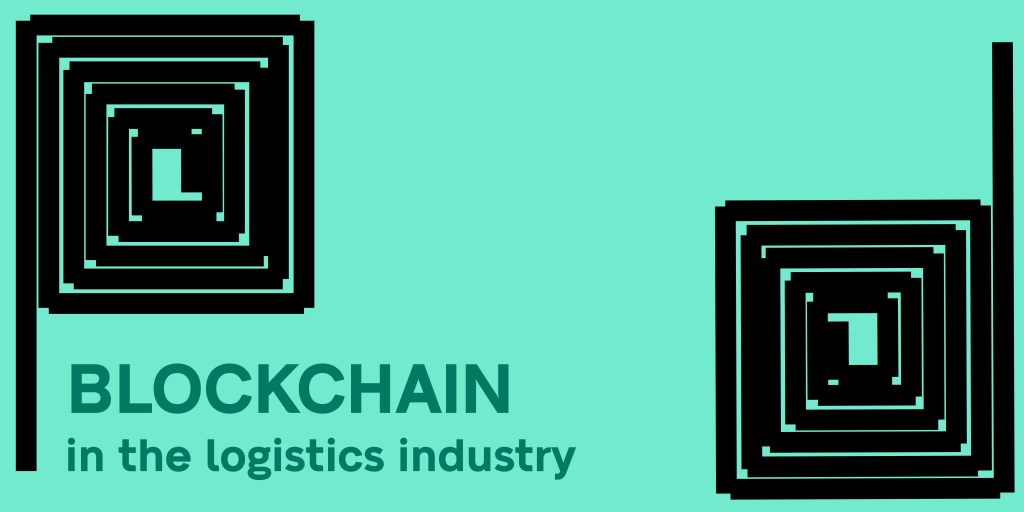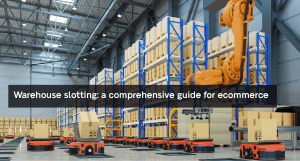Blockchain technology is often associated with cryptocurrencies but most people don’t know that it has a broader potential beyond finance. In fact, can blockchain be connected to logistics and improve this industry? Let’s find out!
What is blockchain?
The key characteristics of blockchain are transparency and security. In this technology, every transaction or data is recorded and stored across the network, making the information accessible to all participants, and, once information is added, it cannot be altered or deleted, ensuring a higher level of trustworthiness.
The potential of blockchain in the logistics industry
In the logistics industry, the implications of blockchain technology are incredibly interesting, and can revolutionize the way data is shared and managed across supply chains. Since transactions are more transparent and secure, new levels of efficiency and trust can be achieved among the parties involved, like manufacturers, suppliers, transporters, and retailers. Blockchain can also help solve common issues like tracking the origin of goods, compliance with regulations, and product authenticity verification. In short, blockchain holds the potential to streamline complex logistical processes, providing more transparent information that can be automatically validated.
More efficient customs clearance
Blockchain technology can enhance the customs clearance process in international trade by making cross-border processes more trustworthy and efficient. In fact, local authorities often have difficulty in verifying authenticity and validating information but with blockchain data reliability and security issues can be easily solved, lowering the likelihood of fraud. Data in blockchain technology cannot be altered: all parties involved have access to it and it requires no validation, making the process of tracking origin, movement and destination of products more simple.
Improved efficiency and traceability
Blockchain technology is increasingly being adopted in supply chain management, allowing for greater transparency that extends to tracking of goods, from their origin to delivery destination. Also warehousing can be improved, since inventory can be tracked and managed more efficiently. Blockchain also allows parties to create smart contracts that are self-executing contracts with the contents of the agreement encrypted directly into code. In this way, costs are significantly lowered and accountability is increased.
How blockchain is being adopted by businesses today
Walmart
Walmart highly improved the tracking and tracing of food origin in its supply chain thanks to a newly developed blockchain-based solution. In this way, the system quickly identifies safety issues and removes contaminated products from the supply chain. Customers can also benefit from increased transparency by tracking the journey of their products from origin to store.
UPS
UPS uses blockchain to track the movement of packages and shipments with real-time updates on location and status, as well as complete record of every transaction. This system reduces errors and delays in the supply chain, improving customer satisfaction and trust.
Maersk
Maersk, one of the majour operators of shipping containers, uses this technology with Dutch Customs and US Department of Homeland Security to track the movement of cargo across international borders. This allows companies to save thousands of dollars in freight transportation, reducing errors, improving delivery times and detecting frauds.
Conclusion
The blockchain is starting to transform the logistics industry, with several companies already experimenting with its potential. There are numerous benefits that blockchain brings to the logistics industry, from preventing frauds, eliminating inaccuracies, increase of data security and transparency, to cost reduction.





